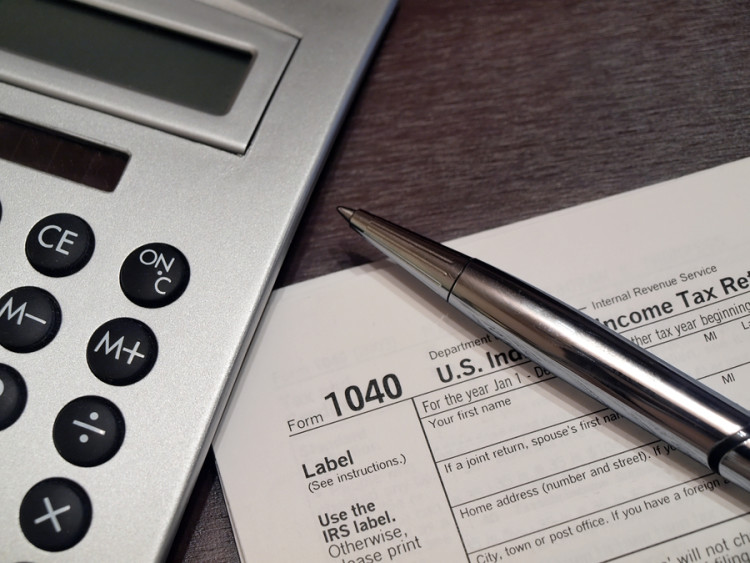Your Tax Refund Could Be Hostage to a Government Shutdown

(Bloomberg) —For many U.S. taxpayers, a two-week delay in receiving their refund would be an annoyance. For others, living from paycheck to paycheck, a lag of just a few days could be a crisis, busting deadlines on rent checks and car payments. For still others, careful budgeters of moderate means, it could mess up an important part of a long-term, enforced-savings plan.
If Congress and the Trump administration can’t agree on a stopgap budget resolution this week, the federal government will shut down, with a cascade of consequences—delayed refunds among them. Shutdowns have been as short as one day and as long as 21 days. The last one began on Oct. 1, 2013, and lasted 16 days. More than 90 percent of Internal Revenue Service workers went on furlough that year, and some $2.2 billion in refunds to individual taxpayers were delayed, according to a November 2013 report (PDF) by the Office of Management and Budget. An additional $1.5 billion in refunds to companies was held up, and the start of the following tax season was pushed back 10 days.
The timing that year wasn’t great: Mid-October is when the tax returns of filers granted the IRS’s six-month extension are due. But it was probably better then than it would be now, with so many returns to be processed and after a year of procrastination by filers. The Center for American Progress, a Washington think tank with links to the Clinton and Obama administrations, estimates that a two-week government shutdown now would delay tax refunds for about 2.5 million American families and put a hold on about $8 billion in refunds.
Some analyses find a shutdown this year likelier than others. Given the current turmoil in Washington, the chances this time around are low but probably non-trivial, as economists like to say.
Even $8 billion would be just a fraction of the total. About two-thirds of taxpayers got a refund check in 2016—some $277 billion had gone out in refunds as of May 6 that year—and the IRS says 90 percent of those getting refunds get them within 21 days. Many people count on that refund check to pay off medical bills or high-interest debt. Younger filers may be more likely to suffer from delays if we see a government shutdown. Some 12 percent said they don’t think about filing until a day before the deadline, and an additional 16 percent said they start prepping just a few days before taxes are due, according to a survey of 1,000 consumers by Adobe Digital Insights in March.
Many taxpayers who filed early have found that getting their check took longer this year, for a good reason: improved fraud protection measures. Taxpayers were told well in advance of the Jan. 20 start of the tax season that anyone claiming the Earned Income Tax Credit or Additional Child Tax Credit would not get refunds until late February. The good news is that most refund checks—more than 100 million—have already been issued, according to the IRS.
Among the other IRS functions that grind to a halt in a shutdown, many, such as a drop in IRS auditing, won’t be visible, though anyone trying to reach a human with a tax question—already a challenge—will feel the absence. A would-be borrower with bad timing could suffer from a would-be lender not being able to verify income with the IRS. Other programs that affect our finances and are considered essential, including Social Security and Medicare, will continue operating under a shutdown.
Have personal finance questions or lessons to share? Join Money Talks, Bloomberg News’s Facebook community for you to openly discuss everything involving your money.
To contact the author of this story: Suzanne Woolley in New York at swoolley2@bloomberg.net To contact the editor responsible for this story: Peter Jeffrey at pjeffrey@bloomberg.net



No Comment